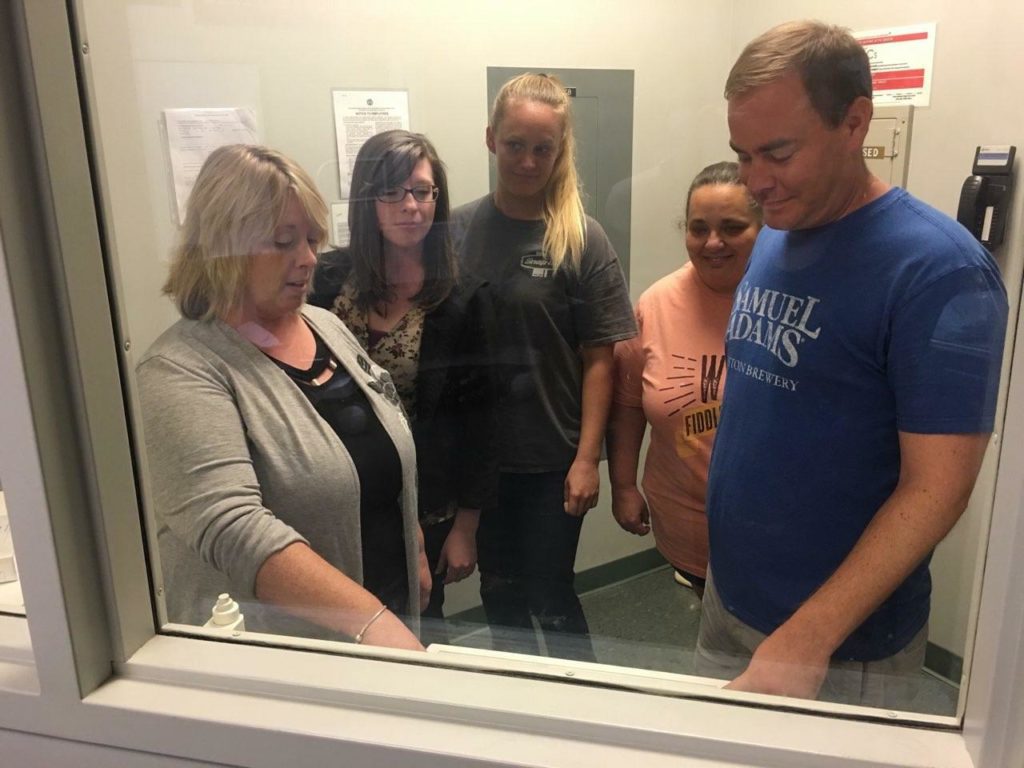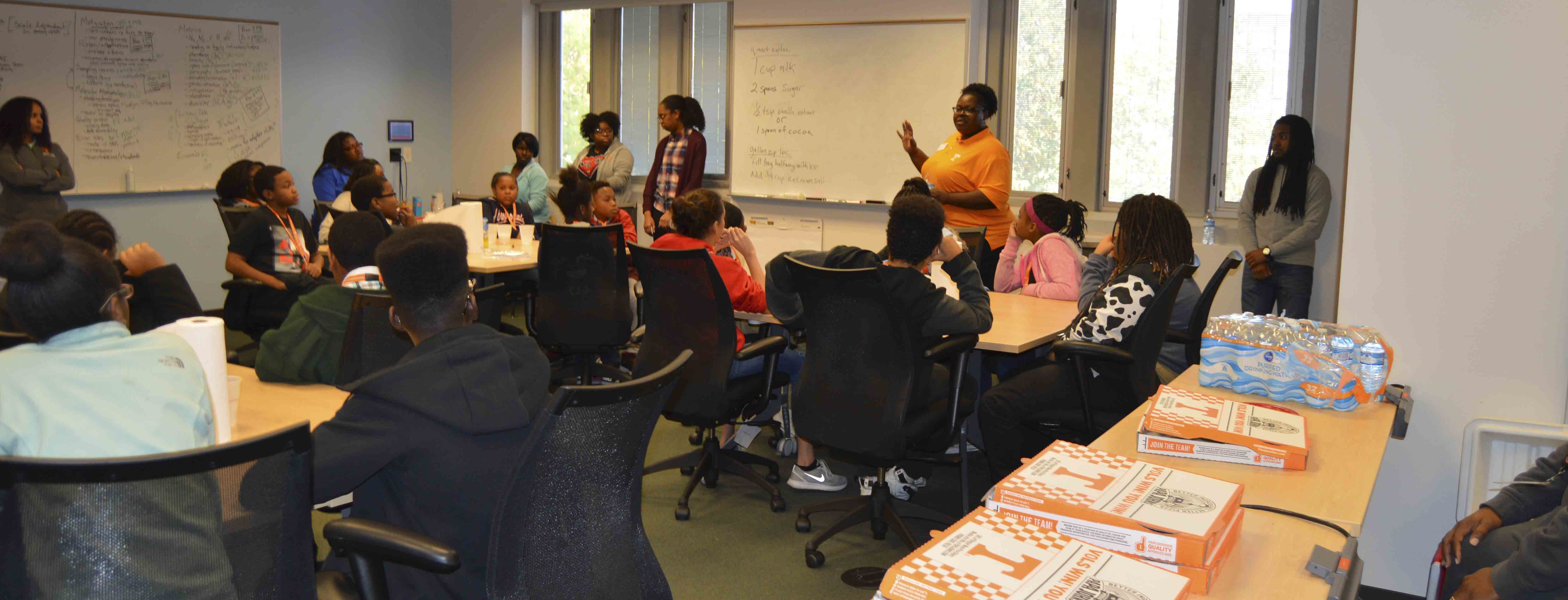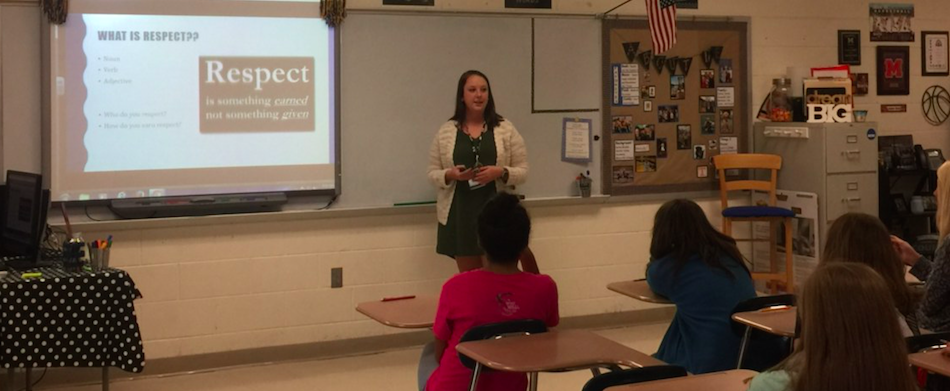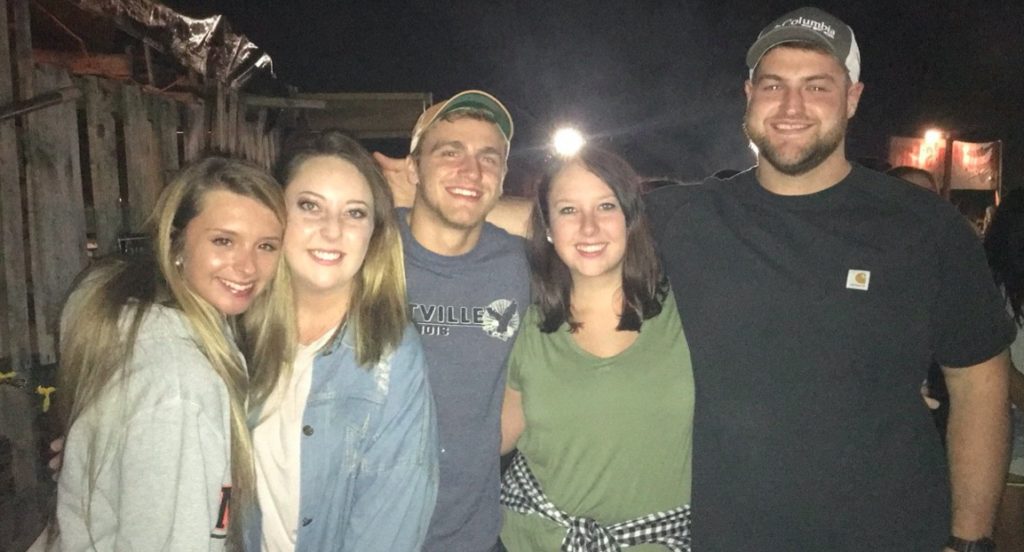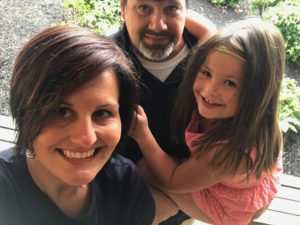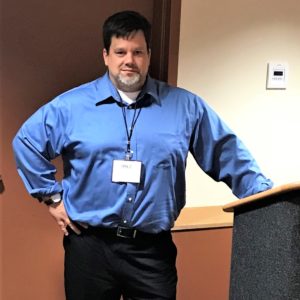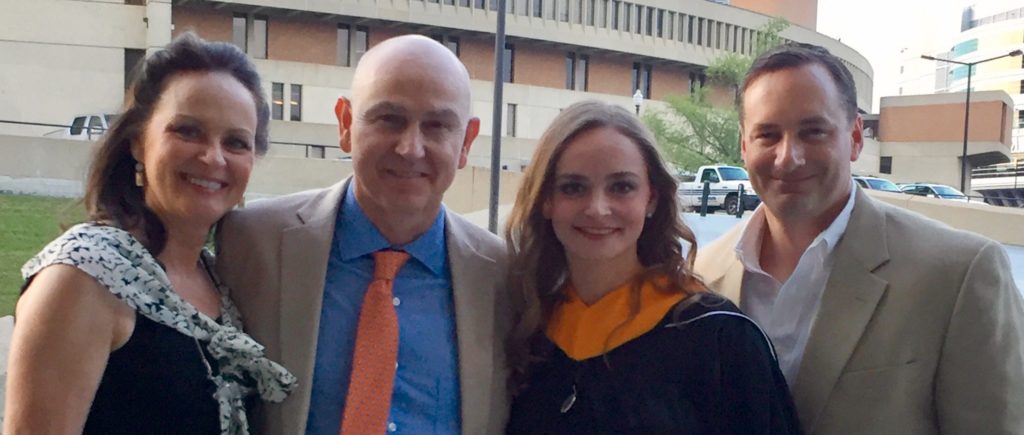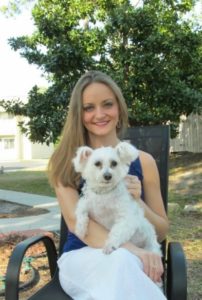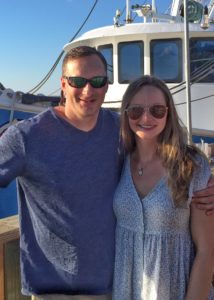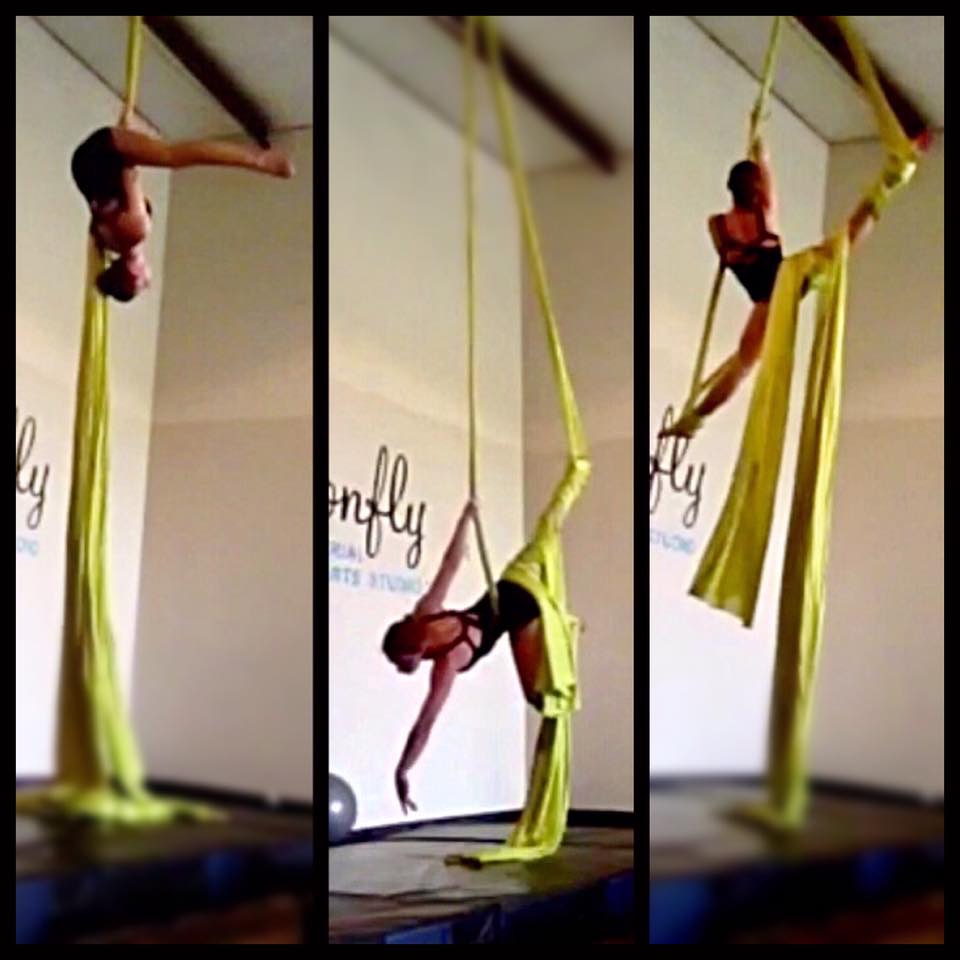Adult Learning
Julie is currently seeking her PhD in educational psychology and research with the Adult Learning program. Originally from Knoxville, TN, she graduated with her AAS in radiologic technology at Roane State Community College in 2000, BS in biochemistry, molecular, and cellular biology at the University of Tenessee in 2004, and an MPH in community health education at UT in 2007. She joined EPC in 2011. We asked her to reflect on some past and current experiences. Read her responses below.
Awards
- Finalist for Roane State Community College’s Ellen Benroth Award for excellence in teaching, which is awarded to one faculty member per year; winners are nominated and chosen by their peers and must demonstrate excellent student-based objectives and evaluation scores; Top 3 finalist in 2015, 2016, and 2017
- Excellence Award provided by the National Institute for Staff and Organizational Development (NISOD), Roane State Community College, 2012
- Spotlight on SAILS Award, Roane State Community College, 2011
Accomplishments
Conference Presentations
- Hall, J. (2016, Nov). Harmonizing self-direction and mandatory continuing education; Attitude of the health care professional. Proceedings of the 64th American Association for Adult and Continuing Education Conference. Albuquerque, NM.
- Hall, J. (2014, Nov). I think I can! Positive psychology for health professional programs. Proceedings of the 63rd American Association for Adult and Continuing Education Conference. Charleston, SC
- Hall, J. (2013, Nov). Leaving the nest: From novice to professional. Proceedings of the 62nd American Association for Adult and Continuing Education Conference. Lexington, KY
- Shih, C. & Hall, J. (2012, Nov). Connect, communicate and collaborate: Using Facebook groups to build a community of practice. Proceedings of the 61st American Association for Adult and Continuing Education Conference. Las Vegas, NV
Peer-Reviewed Publication
- Hall, J. (2014). Staged Self-Directed Learning Model: Leaving the nest; From novice to professional in J. Holtz, S. Springer, & C. Boden-McGill (Eds.), Building sustainable futures for adult learners. Charlotte: Information Age Publishing.
Editorial
- 2015 – 2016 Editorial Advisory Board (EAB) member for the IGI Global peer-reviewed book entitled, Handbook of Research on Training Evaluation in the Modern Workforce
- 2014 – 2015 Adult Higher Education Alliance (AHEA), proposal reviewer for the national conference
- 2014 – 2017 Wolters Kluwer Health (Lippincott, Williams, and Wilkins), book reviewer
- 2014 Pearson Higher Education, book reviewer
Accreditation Activities
- 2014 Compiled a self-study report and oversaw a site visit for the Radiologic Technology Program by the Joint Review Committee on Education in Radiologic Technology (JRCERT); the program successfully was awarded re-accreditation for 8 years (maximum amount allowed)
- 2018 Completed an Interim Report as well as a Substantive Change Report for the Joint Review Committee on Education in Radiologic Technology
Significant Roles/Positions
- 2018 – Present: Member of Roane State Community College’s Quality Enhancement Plan (QEP) committee
- 2018 – Present: Member of Roane State Community College’s Course Evaluation Committee
- 2018 – Present: Member of Roane State Community College’s Tuition Reimbursement Advisory Group
- 2017 – 2018: Member of Roane State Community College’s Promotion and Tenure Committee
- 2015 – Present: Member of the Tennessee Board of Regent’s (TBR) Statewide Curriculum realignment committee for radiologic technology
- 2014 – Present: Member of the Radiologic Technology Program’s Assessment Committee
- 2013 – Present: Member of the Radiologic Technology Program’s Admission Committee
- 2011 – Present: Member of the Allied Health Admission Committee
- 2011 – 2015: Participated in the Students Achieving Improved Learning Strategies (SAILS) project by implementing a specific learning strategy in classes. SAILS was apart of Roane State Community College’s five year Quality Enhancement Plan (QEP)
- 2010 – Present: Member of the Radiologic Technology Program’s Advisory Board (ex-officio)
Other Service Activities
- 2015 – Present: Serve as a site visitor for the Joint Review Committee on Education in Radiologic Technology (accrediting body for radiologic technology programs)
- 2014 – 2015: Served as an item writer for the national licensure exam on behalf of the American Registry of Radiologic Technologists (ARRT)
- 2011 – Present: Applied and obtained numerous grant requests for the program
Current Occupation
Program Director
Radiologic Technology Program
Roane State Community College
The Radiologic Technology Program has affiliation agreements with 17 clinical sites/hospitals across the East Tennessee region and is designed to provide students with the skills required to provide excellent patient care in the field of radiology.
Personal Interests
I am a mother/wife with two sons (Michael and Tyler). We enjoy traveling and seeing new places, but my favorite place to visit is Disney world! This past year, we were able to tour the American Southwest (epic road trip) and the year before visited Alaska with my mom. I also enjoy reading!
Future/Vocational Goals
My future goals are to continue conducting research in the area of allied health/radiologic technology. I am interested in topics related to self-directed learning and attitude towards continuing education.
What would you tell an incoming student who joins the program/department?
I have relished my time at UT Knoxville. Particularly, I have enjoyed my courses along with the faculty members and other students. This program has some of the best faculty members that I have ever had the opportunity to work with. They truly care about their students and find ways to help them grow as well as help them through the doctoral process. My advisor, Ralph Brockett, Phd, is absolutely a joy to work with and I could not have succeeded without his support over the years. I would recommend this program to any prospective student!

